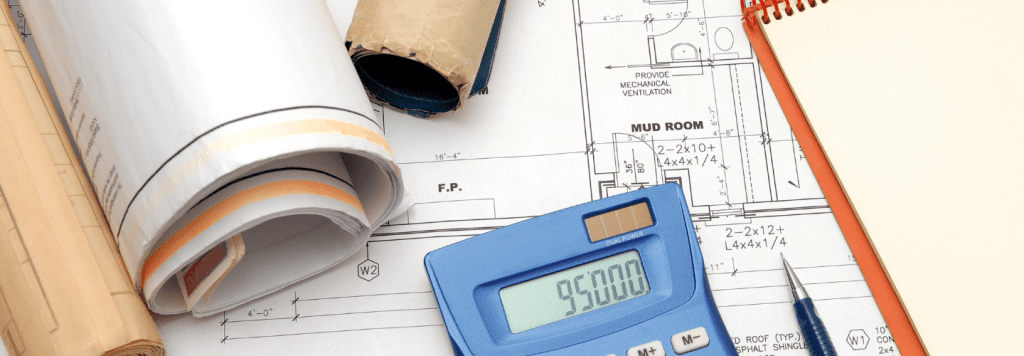
Construction contractors are the unsung heroes of our cities and towns, building the homes we live in, the offices we work in, and the roads we travel on. But behind their hard hats and tools, these contractors face numerous challenges, including meeting client needs, managing subcontractors, and completing projects on time and within budget. However, there is one challenge that often adds to their pressure and is a common area of concern for construction businesses: sales and use tax. Understanding and managing sales tax regulations can be a complex task, but it is crucial for contractors to ensure compliance and avoid potential pitfalls. Let’s explore some key points about sales tax in construction that every contractor should know.
Understanding Sales Tax Laws by State
First and foremost, it’s important to note that sales tax laws vary from state to state. While there’s no specific “construction sales tax,” sales and use tax laws apply to certain construction services and materials in many states. The requirements differ based on state, city, county, project type, client, and other factors. Therefore, it is essential for contractors to have a clear understanding of the specific sales tax regulations that apply to their projects.
One important consideration is the labor sales tax exemption. Many states exempt construction labor from sales tax. For example, in states like Illinois, Minnesota, and Pennsylvania, sales tax generally does not apply to construction services. However, it’s important to note that exceptions and exemptions may still apply depending on the specific circumstances. Therefore, contractors should consult with tax professionals to ensure they understand the intricacies of labor sales tax exemptions in their state.
Sales Tax on Construction Materials
Another crucial factor to consider is the sales tax on construction materials. Sales tax on materials depends on several factors, such as whether the materials are consumed or become part of a building, the type of contract, and whether the contractor is acting as a developer. The applicable sales tax rate is typically based on the project’s location. For example, in Washington State, general contractors pay sales or use tax on consumed materials. However, if the materials become part of the building, they charge the client sales tax at the project’s location rate.
To illustrate further, let’s explore some state-specific tax treatments. In Connecticut, labor charges for existing commercial, industrial, or income-producing real property are subject to sales tax, but exemptions exist for new construction projects and owner-occupied residential property. In Hawaii, most construction services, including labor, are subject to the general excise tax (GET) at a rate of 4%. However, some construction services may qualify for a reduced rate of 0.5%.
It’s important to remember that these examples are just a glimpse into the complex world of sales tax in construction. Each state has its own specific regulations and exemptions, and contractors must be aware of the rules that apply to their projects.
And it’s not just state tax that contractors need to consider! Local tax considerations add another layer of complexity. In some jurisdictions within states like Alaska, local sales and use tax on construction services and materials may apply, even if the state doesn’t have a statewide sales tax. Contractors must be diligent in researching and understanding the specific requirements of the jurisdictions they operate in.
Given the complexity and variations in sales tax regulations, it is crucial for contractors to seek professional guidance. Consulting with tax professionals who are familiar with local regulations and requirements is essential, especially when undertaking new or complex projects. These experts can provide valuable advice tailored to the contractor’s specific situation, ensuring compliance, and avoiding costly mistakes.
In addition to professional guidance, an automated sales tax solution can help construction businesses navigate the complexities of tax compliance. Implementing the right software and technology solutions can streamline tax research, filing returns, and ensures better compliance. By leveraging technology, contractors can save time and effort, allowing them to focus on their core competencies and deliver exceptional construction projects.
It’s important to remember that the information provided here is based on general knowledge and may not reflect the specific requirements or changes in tax laws. Contractors should always consult tax experts for accurate and up-to-date advice tailored to their specific situations. They might even help you uncover exemptions or tax breaks.
Contact Our Sales Tax Experts
Sales tax regulations and requirements can add to the stress and pressure contractors already have. By seeking professional guidance from Rea & Associates, you can navigate the complexities of sales tax in construction and focus on what you do best—building our communities.
If you’d like to discuss your specific construction tax situation in more detail, just reach out to your Rea Advisor, or contact us.
By Lamarcus Crowders (Dublin office)
